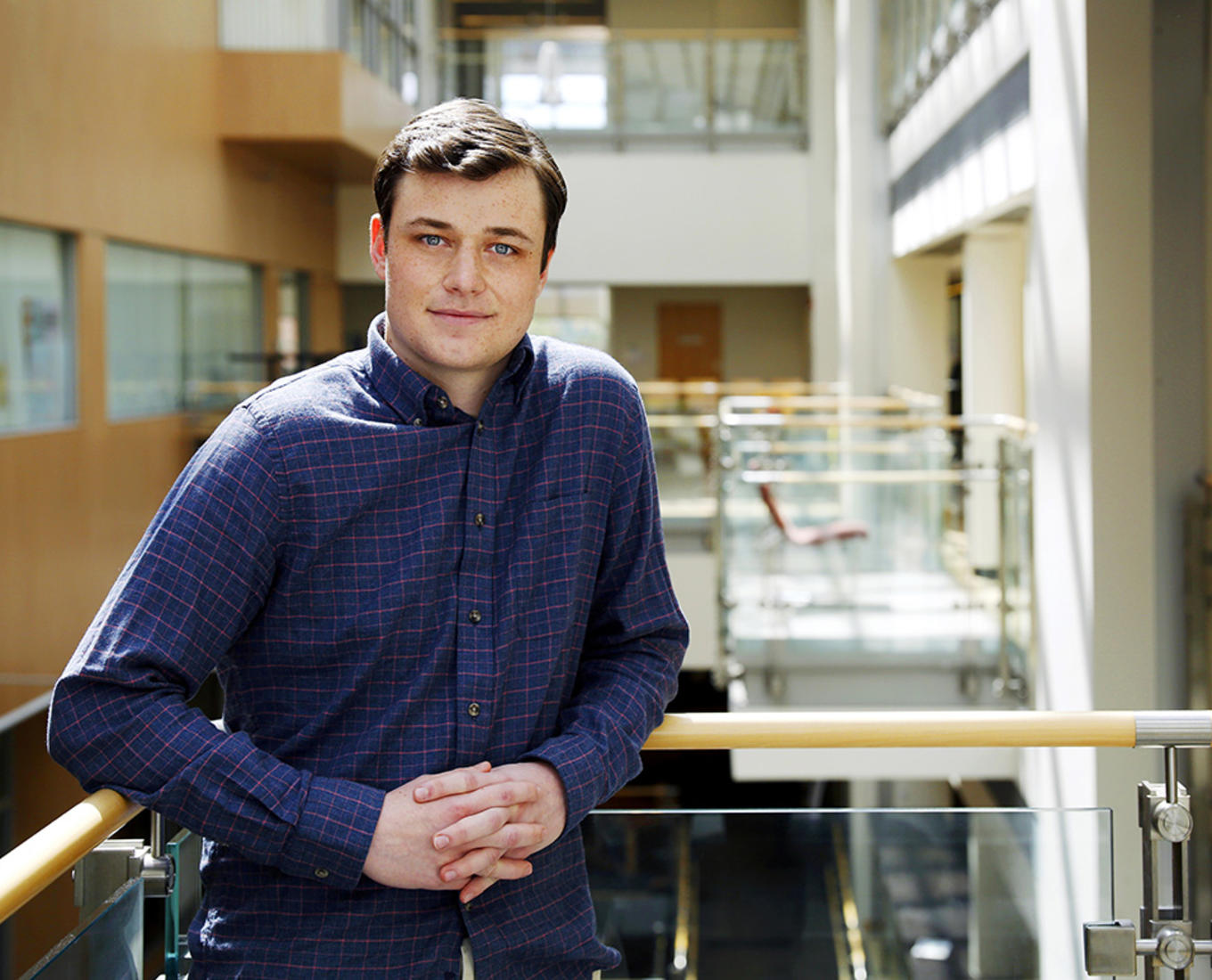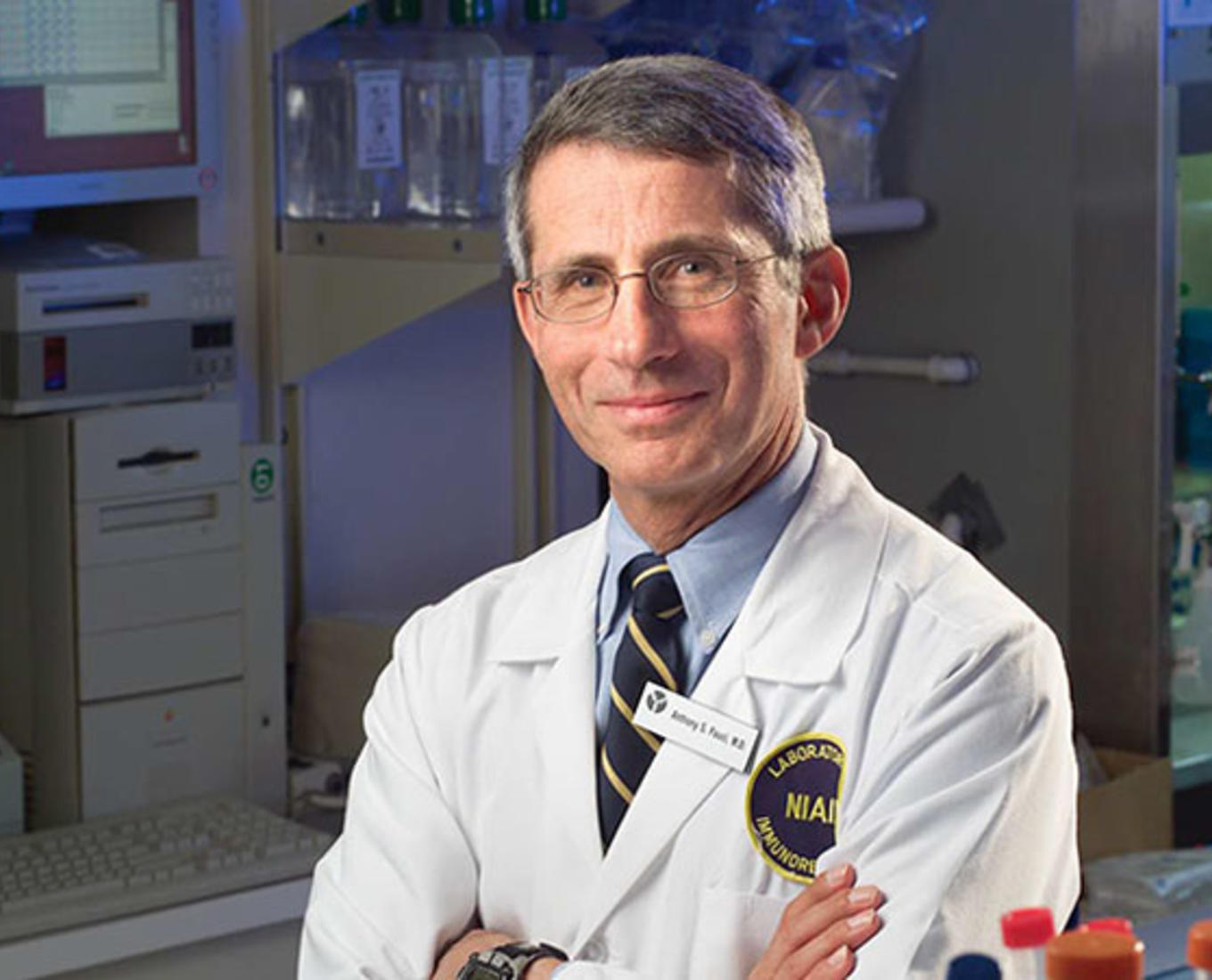When scientist Ann Sheehy had to decide where to establish her research lab focused on novel treatments for HIV, she chose a small liberal arts institution in order to have a greater impact on the next generation of scientists. Being embedded in the research community, she knew that the general approach to the work was hyper focused on the science, but could not reconcile the fact that the human element was missing.
“My work, my lab, is incredibly important to me. It reminds me of who I was when I started, why I started and where I want to be. It’s so important to understand why we’re doing what we’re doing,” said Sheehy, professor of biology and expert in immunology and virology. “In general, if you ask basic [science] researchers about the social justice aspect of their work, they get uncomfortable. Thinking of those issues requires personal evaluation of where we are as a society.”
Colleague and friend Mary Doyle Roche ’90, associate professor of religious studies and theological medical ethicist, shares Sheehy’s concerns. She remembers the Catholic Church's and the U.S. government's lack of compassion in its initial reaction to the AIDS epidemic, inaccurately thought to only afflict gay men and intravenous drug users.
“I do feel that things have changed overtime. There is a movement in academic theology and ethics to become more vocal, to talk more to each other and organize around stigma and improving access to information. It’s better than it was, but not where it should be,” Roche said.
For nearly two decades, the women have worked to encourage scholars and students to ask how individuals and institutions can advocate for the most vulnerable and those afflicted with the virus. They challenge their students to look beyond study results and social or religious perception to see the people before them who are struggling to access information, treatment, mercy and compassion.
Teaching the Human Side of HIV/AIDS
Preparing the next generation of basic science researchers and theological medical ethicists requires greater emphasis on the human connection and social justice, according to experts.
Read Time
“We often have an overlap of students between Ann’s virology course and my medical ethics class. I remind them that they can be part of turning the tide and they might actually be in the room where change happens. I ask them to consider their moral obligation, how they will contribute, how they will participate and their sphere of influence,” Roche said.
She’s reminded of the diligent work of varying agencies — from public health and scientists to community outreach and patient advocates — to improve access to treatment, understanding the disease’s transmission and the human impact of the virus. As a result, today an individual’s HIV status is often imperceptible due to advances in medical treatment.
“Because it's a chronic condition in the U.S. and one that is now concealable, it’s not in the forefront of people’s mind, but the stigma is still there,” Roche said.
According to UNAIDS, the Joint United Nations Programme on HIV/AIDS, 39 million people worldwide live with HIV, with 1.3 million people newly diagnosed in 2022. Forty-six percent of all new HIV infections that year were among women and girls. The greatest number — roughly 66% — living with and contracting the virus live in sub-Saharan Africa. Worldwide, 630,000 people died from AIDS-related complications in 2022.
In her medical ethics courses, Roche challenges her students to consider what systems and structures, such as homophobia, racism and sexism, continue to create a space for the virus to spread. “Whether you know anything about virology is irrelevant. You can operate within those spaces and close the loopholes of opportunity,” she said.
Because it's a chronic condition in the U.S. and one that is now concealable, it’s not in the forefront of people’s mind, but the stigma is still there.
Accomplishing that will take a concerted effort similar to what transpired in the 2000s, the women said.
“We are where we are now because there are scientists and medical ethicists and public health officials and patient advocates and patients themselves who wouldn’t go quietly and didn’t give up,” Sheehy said. “We need that persistence today. This generation, with its unwillingness to go with the status quo, can find the structural breaks.”
Before that can happen, today’s young adults need to learn the basics, including history and science, they said.
“It seems we have reverted to where I was when I was growing up when there was no HIV or AIDS. I know they are grappling with other existential threats, but infectious disease is one of the top things that I worry about,” Sheehy said.
The late Paul Farmer, M.D., theologian, medical anthropologist, physician and pioneer of global health, features prominently in Sheehy's and Roche’s lessons.
According to Roche, the nature of Dr. Farmer’s work illustrated the dignity of the person and the common good while highlighting the importance of creating an option for the poor and vulnerable.
“I want students here to see and learn what living a life of purpose and meaning could possibly look like, introducing them to the voices of underrepresented theologians, ethicists and the people and organizations they don’t recognize,” Roche said.
For Sheehy, scientists educated in the liberal arts are key to the future of research and scientific advancement
“I want them to take more than the basic science. I want them to take what they’ve learned about why we do this. That we’re creating something that is not accessible to all and it’s our responsibility to offset the intrinsic structures of the field, to see how their work fits within social justice, so that they don’t remain shackled by the way it was,” Sheehy said.

